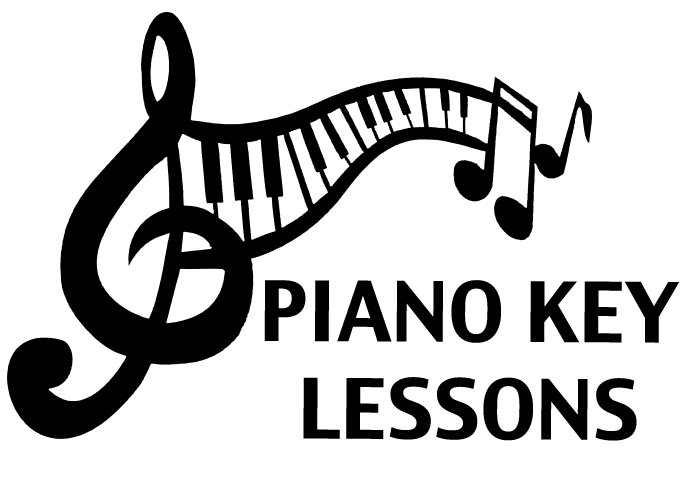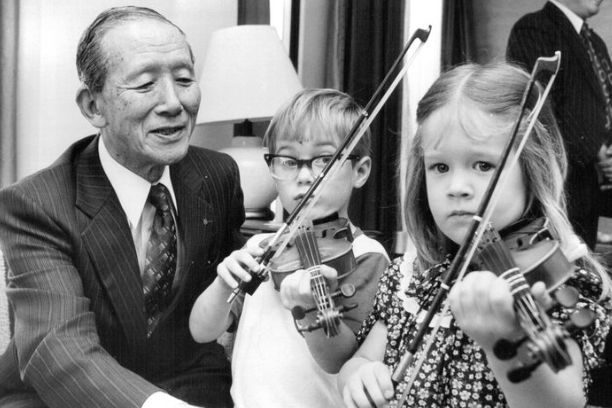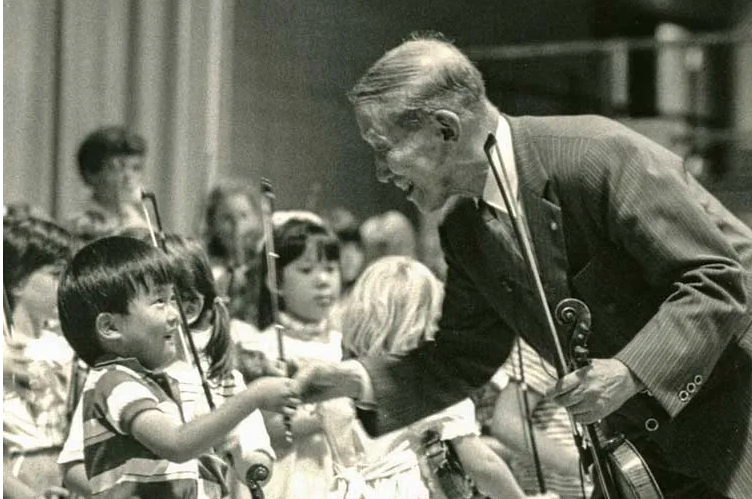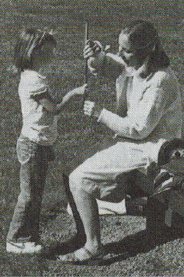Parent-Teacher Discovery Zone by Lisa Stang Goldman
Parent-Teacher Discovery Zone by Lisa Stang Goldman
When sitting at a lesson, have you ever stopped taking notes because, for a fleeting moment, one of the following thoughts jumped into your head?
- Gosh, we've been playing this Book One piece for fifty weeks now. I hope we get something new!
- I didn't catch that last remark. I'll get the information from my child at home.
- My child is in Book Four, so I don't have to take notes anymore. S/he will remember.
- We all read music so I don't need to wrist anything down anymore.
- My child has gotten all set up and has learned Twinkle. The rest is just learning more songs.
- Again! This is so boring -- another lesson on placing the second finger high and low...
- Why are we doing this again for the 100th week in a row?
- It sounds okay to me; we'll skip this detail at home.
- This is so frustrating -- I don't understand any of this; my kid will understand.
- I played a string (or other) instrument in high school so I already know this.
- I can remember this. I don't need to write it down.
Often what is important to the teacher isn't obvious to the parent. Even intelligent parents with the best intentions do not always posses an understanding of necessary skills vital to good playing habits, or knowledge of how they develop over time. With great confidence, a parent should be able to say, "That note sounds flat. Slid your finger a bit closer to your nose," instead of saying, "Hey, that sounds awful. Fix it!" Parents must be taught by their teacher when and how to isolate critical skills and troublesome areas. They must know why the skill is important, how to practice it, and how to nurture it into a mastered skill over a period of time.
Parents should insist on highly detailed information from their teachers. Your teacher's style may not be to stop, look at you, and say, "Play the first two beats in measure 31 five times a day, with your left hand doing this and your right hand doing that simultaneously on the first beat..."
Well, you understand what I mean. It is okay if it is not your teacher's style, but what if you still want to understand better without interrupting every two minuets?! This is not about telling you how to organize your notes but will give you the ability to get the information you need to do your best job at home.
Right now you may feel that you are about to receive a lot of tedious information, and it is making you nervous because it seems so complicated. Until you get the hang of things, here is a quick fix. For starters, discover these three zones of understanding:
- Visual: How does it look? Is there something you can see to fix?
- Verbal: Can you describe it for me in nonmusical terms?
- Aural: How does it sound?
Here is an example of these zones of understanding with a violin Pre-Twinkler who is learning to place the bow:
Visual: a tape marking the Kreisler Highway.
Verbal: "Keep all the hairs of the bow over the highway."
Aural: an example of how it sounds, both correctly and incorrectly.
Now it is possible that your teacher has spent too much time in practice rooms and not enough time learning good social skills, or your teacher may be very engrossed in working with your child and fail to stop periodically to inform you of details. Your teacher may communicate details in a variety of ways that your are not used to. It is the job of both parent and teacher to find common ground to decipher what is important. Watch for gestures; a glance at the parent while demonstrating a skill may really mean, "Please write this down!" Perhaps you will hear the same phrase go by -- something like, "Try doing this with...." the "with" in this instruction is probably something you will need to focus on and write down. Listen for these phrases to go by: "Try it like this....," "Do it with....," "Can you do it without...," "When you play this,...," "Instead of....," "Listen for....," These are all polite Suzuki teacher-isms. Zero in on the skill being demonstrated. Whenever you are unsure of what is happening, ask. The more detailed the question, the better explanation you will receive. Make it your business to understand what is "physically" happening.
Here are some sample questions to ask to clarify what the teacher expects of your child.
- Which review pieces should we play?
- What specific skill should we focus on in each review piece assigned?
- Ask for an example/demonstration of the teacher's expectations of what the student should sound like in a week. (This is not to be confused with the finished product.)
- Where in the music is this? How it is notated?
- What new material are we learning in this piece? How does it continue to develop later?
- Do we need a metronome tempo?
- Are there any new musical terms?
Over a period of time your notebook should list the sequence of events that develop specific skills for each piece. You will know what new rhythms, bowings, fingerings, etc., are being presented in each piece. (It's good to look at these when reviewing.) Once in a while you and the teacher may want to discuss possible short-term and long-range goals. Above all, if you encounter great frustration, ask your teacher to move in smaller steps.
Knowlegde is power! Seemingly insignificant details may be essential to reach mutual goals. Vague information gathered from the weekly lesson will result in shapeless practicing with very little accomplished. By obtaining these technical details, there should an expected result. With the examples from the zones fo understanding, both the parent and the child will benefit and return to the lesson prepared, completing the circle of success.
